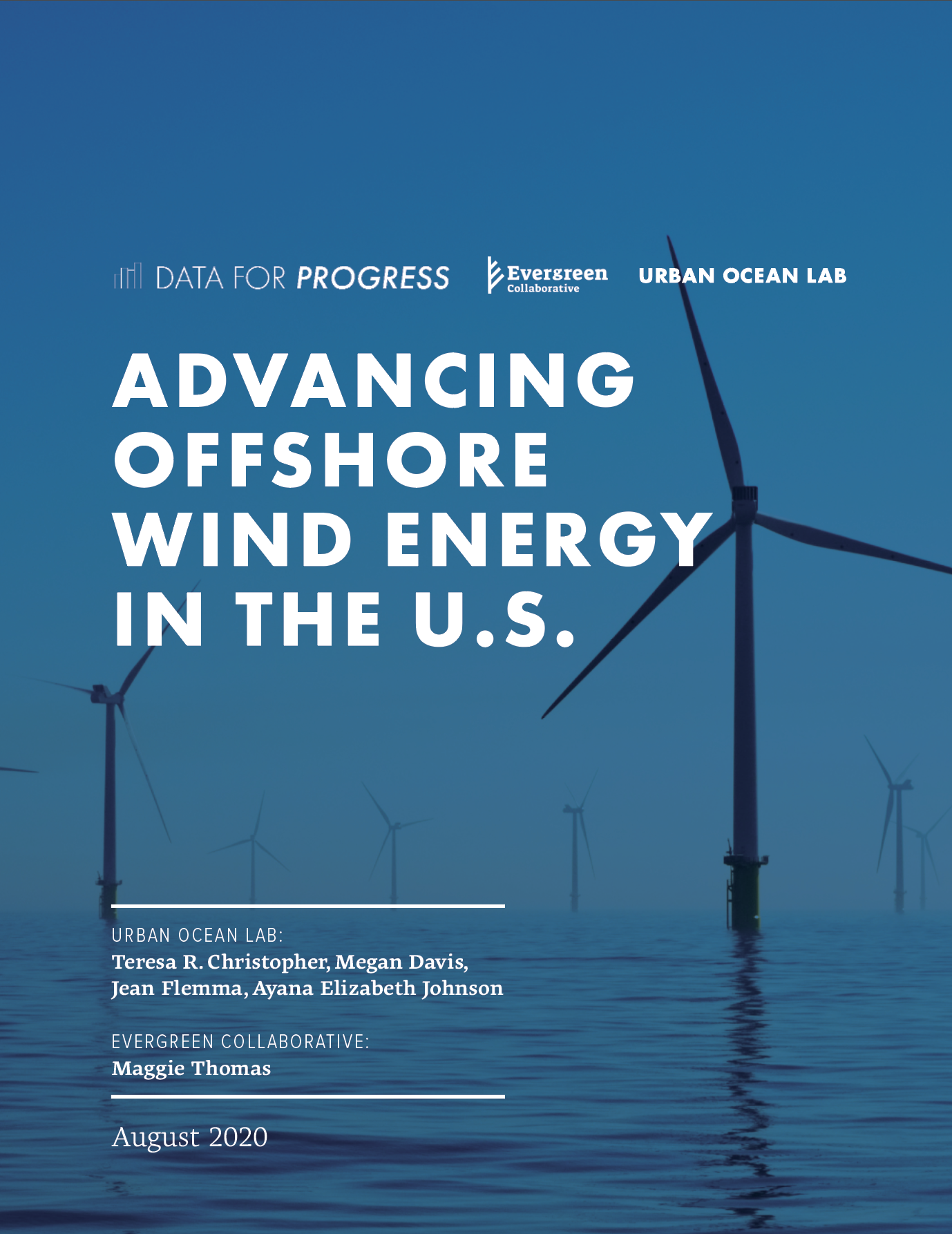Investing in offshore wind also has the potential to create tens of thousands of jobs, including many union jobs, and to hasten the transition to a clean energy economy. However, to date, the U.S. offshore wind industry has been slow to develop due to a number of problems, including protracted permitting processes, opposition from interest groups, and inadequate data and scientific studies on project impacts, among other challenges. There are tools and potential solutions to these problems that policymakers should pursue.
Offshore wind can play a significant role in the United States’ energy system, contributing to meeting carbon reduction goals. To harness the opportunities presented by offshore wind, we need to address current barriers with pragmatic solutions, and advance policies that expand offshore wind, create jobs, and address environmental and stakeholder concerns.
Below are three items that offer critical context and guidance for policymakers and advocates shaping the future of offshore wind in the U.S.
COMPONENTS:
Policy Memo: Advancing Offshore Wind Energy in the U.S.
Includes discussion of barriers to offshore wind development and recommendations for how Congress and the executive branch can rapidly scale offshore wind in the United States, from jumpstarting American manufacturing, to investing in workforce training, to creating tax incentives, to increasing efficiency of permitting.
Polling Memo: Voters Support the Construction of New Offshore Wind Farms
Key findings from recent polling show:
Voters support the construction of new offshore wind farms by a 48-point margin.
Voters support speeding up the permitting process for building offshore wind farms by a 43-point margin.
Voters support federal investments in research to improve offshore wind technologies by a 34-point margin.
Graphics: Visualizing Wind Energy in U.S. Waters
Includes maps of offshore wind speeds and locations of offshore areas already leased for wind development, diagrams of various offshore wind turbine designs, and data on projected job creation.




